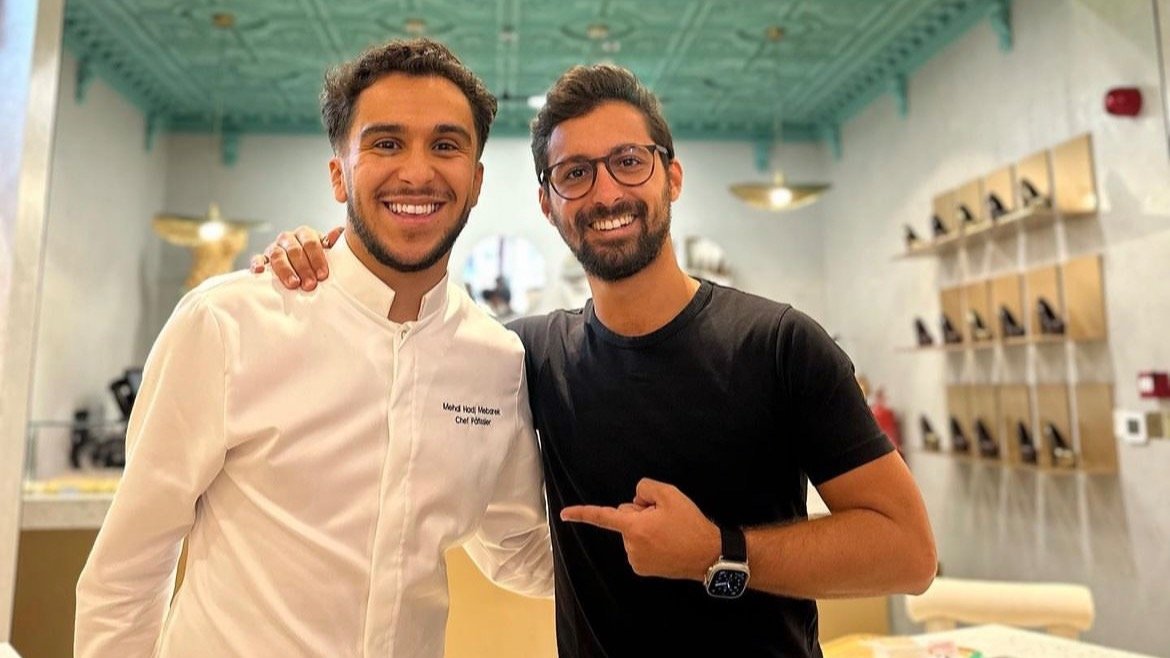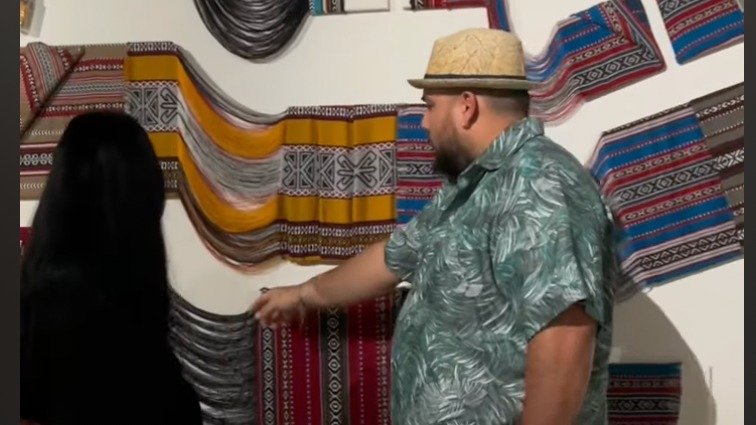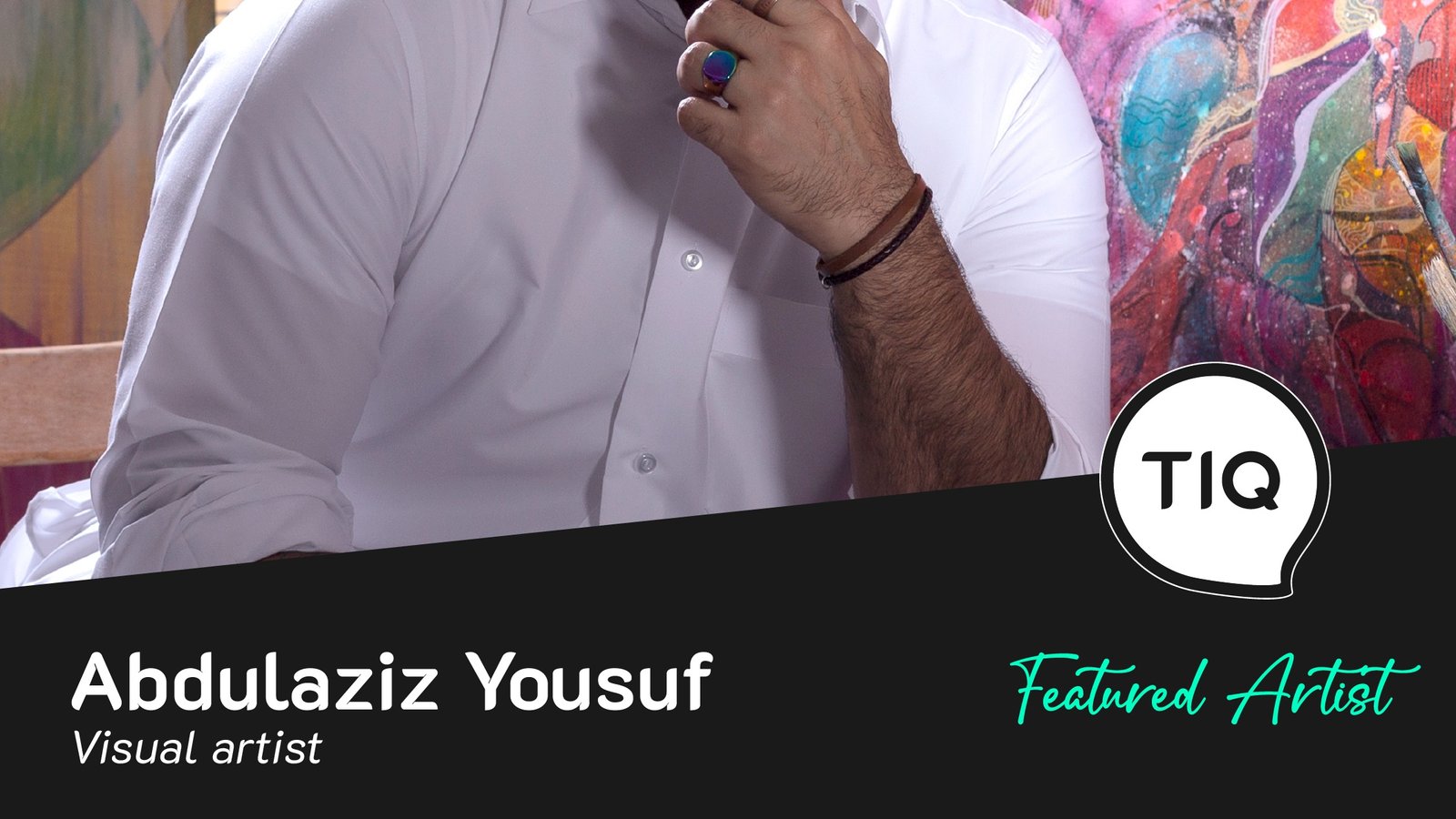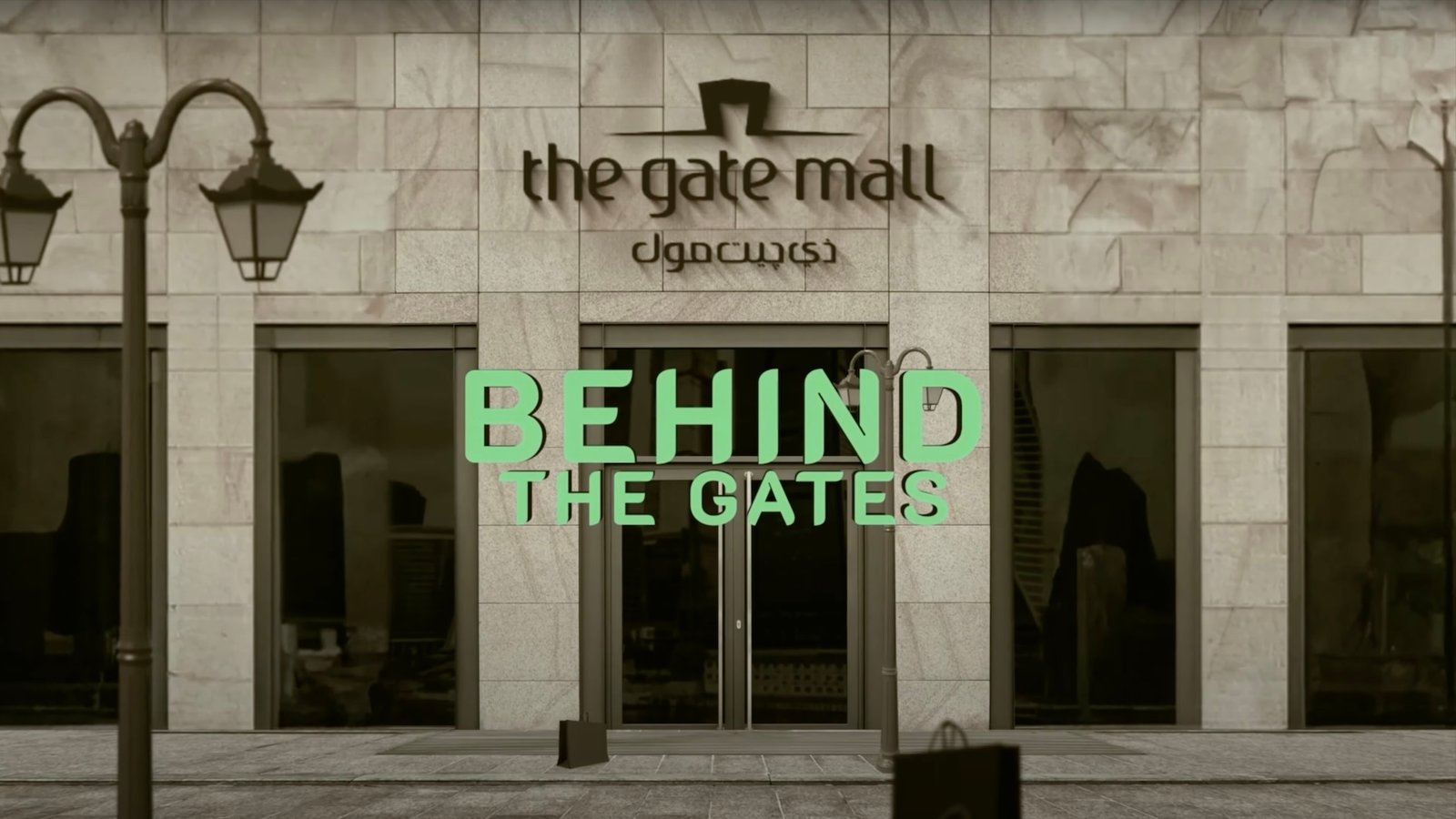Launch of Al Jazeera 360 platform
Al Jazeera Media Network will launch its new digital platform “Al Jazeera 360...
Sep 14, 2024
Panelists focus on importance of building ethical AI and what it means for learning – and the future of universities
Elisabeta Kadrija, Nov 29, 2023
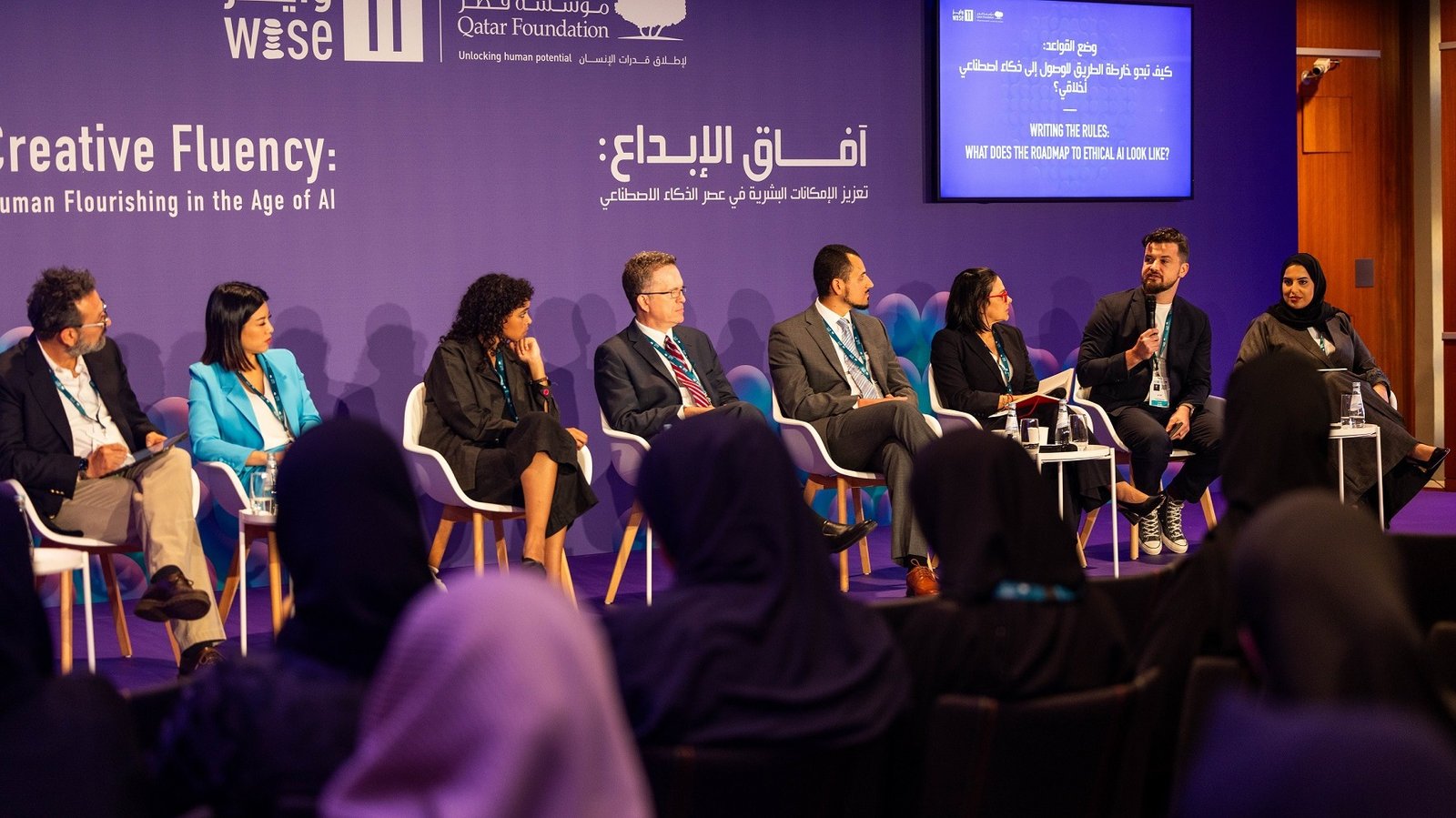
A panel focusing on the challenges and the
opportunities of Artificial Intelligence, and how to take it into the future,
held during the 11th edition of the WISE Summit, has seen experts discuss
how the technology can be used to augment human intelligence.
The discussion was held at the two-day summit
hosted by Qatar Foundation’s global education initiative at Qatar National
Convention Centre, with this year’s event being built around the theme ‘Creative
Fluency: Human Flourishing in the Age of AI’.
“How can we augment our intelligence without
short circuiting learning?” Fernando Díaz del Castillo, Chief Learning Officer,
Mentu, asked audience members during a session titled ‘Writing the Rules: What Does the Roadmap to Ethical AI
Look Like?’
And Marc Owen Jones, Associate
Professor in Digital Humanities and Societies, Hamad Bin Khalifa University – a
member of Qatar Foundation – said: “Are the skills
and things we need to learn changing? Writing has always been a fundamental
skill in education, how will that be impacted down the line?
“From the importance of spelling,
that’s taken a back seat now because of spellcheck, and even the development of
calculators which allow people to do very complex equations - these have been
augmenting our intelligence. AI is a different level, but the conversation
isn’t necessary a new one. There's been many things that have defined and
changed how we learn and teach.
“So I think it's important to reflect
on that, how we coped with those challenges and how we accepted and embraced -
or tried to reject - elements of those challenges.”
Thomas Banchoff, Vice President for Global Engagement,
Georgetown University, spoke about the role of universities in AI moving
forward. “We’re at the beginning of a revolutionary process – it’s about a year
old,” he said.
“By their very nature, universities – and especially
research universities – are dedicated to producing knowledge and disseminating
knowledge, and as of a year from now, with the publication of the first large
language models, we have a new creator, a new engine of knowledge, a new
creator of the dissemination of knowledge in our midst. It's growing smarter by
the day, and our students are adapting to it quicker than we are as faculty and
administrators.
“On a pessimistic note, in the long run, it casts a
shadow over the very existence of universities as we've known them. What is the
case to be made for an expensive university education in this new world we're
entering into?”
Experts also discussed what can be done now within
classrooms as the world moves towards more automation, with Karim Ginena,
Founder, RAI Audit, highlighting the importance of training students and
educators on AI models, as well as the risks and limitations – when to use
them, when not to use them, and how to integrate them into the curriculum.
Ginena also spoke about making AI
ethical, saying: “Open that door for having the discussion, inviting
researchers, inviting NGOs, inviting the public and private sectors, in order for
us to get to some level of agreement.
“Inevitably we have to develop some
kind of standards and some kind of minimum protocols, most importantly for
future generations to be safe. What is the alternative? Let every single
company develop a model and see how much harm it can cause? And then based on
that, learn? But at the cost of who?
“I hope that this region [the Middle
East and North Africa] can be a little more active
in these discussions, so that values are not just represented from just a
Western perspective, but also from more of a Global South and Middle East perspective,
because this technology has the potential to impact populations globally.”
For more information about
the WISE Summit, please visit: www.wise-qatar.org/wise-11/

Al Jazeera Media Network will launch its new digital platform “Al Jazeera 360...
Sep 14, 2024

Radisson Blu Hotel, Doha is thrilled to announce the return of its highly ant...
Aug 21, 2024

Eid al-Adha, or the "Festival of Sacrifice," is one of the most significant c...
May 21, 2024

To Celebrate Eid Al Adha and Beat the Summer Heat
Jun 11, 2024

Waldorf Astoria Doha is delighted to officially announce the Grand Opening of...
Jun 11, 2024

Subscribe to our newsletter !
Nov 14, 2024
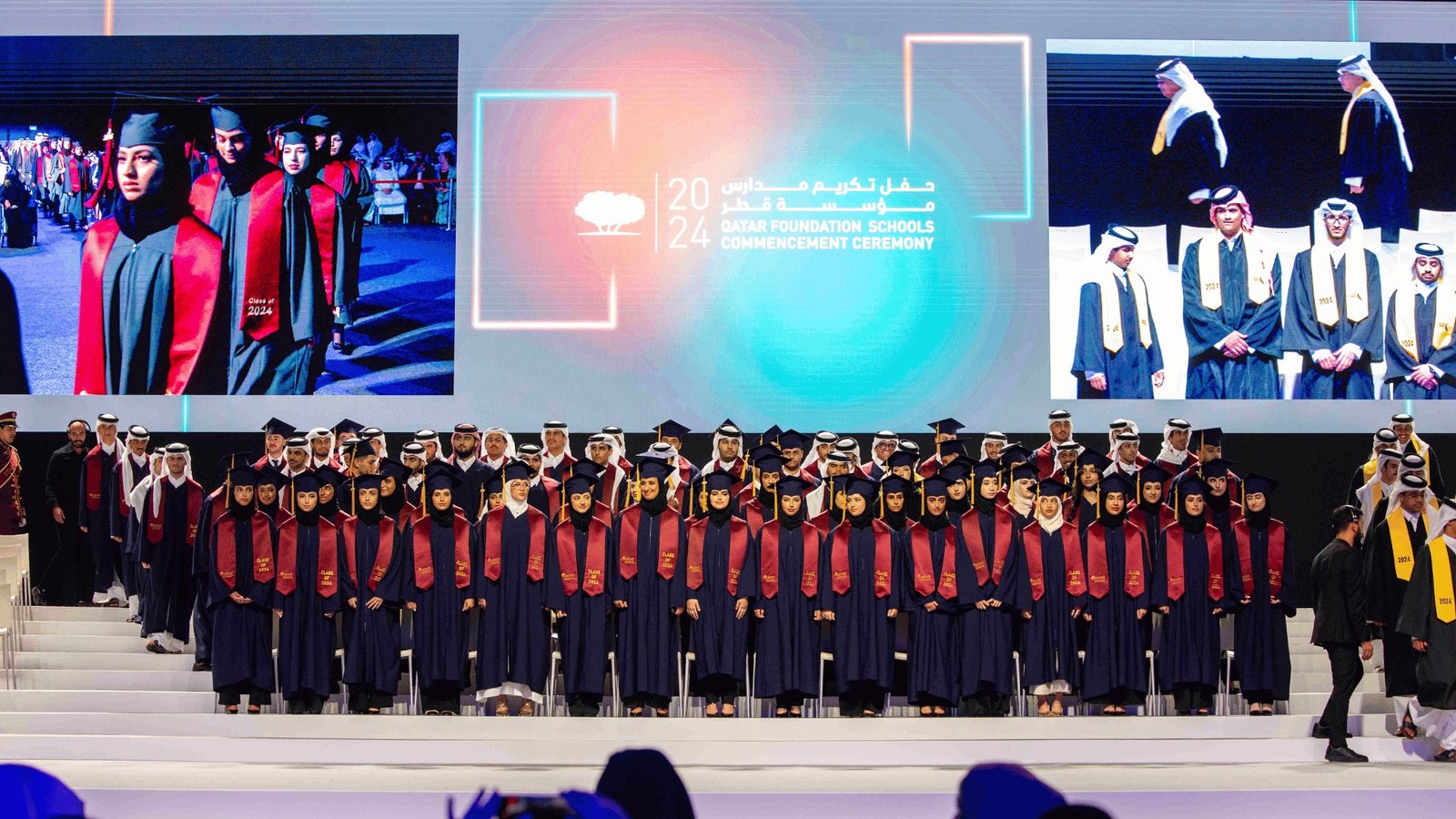
The ceremony honored 290 graduates from seven schools under Qatar Foundation’...
Jun 04, 2024

The MICHELIN Guide announced its arrival in Doha, Qatar for an upcoming 2025...
Jun 04, 2024

52nd Amir Cup Final Tickets: May 24, 2024, Education City Stadium.
May 20, 2024
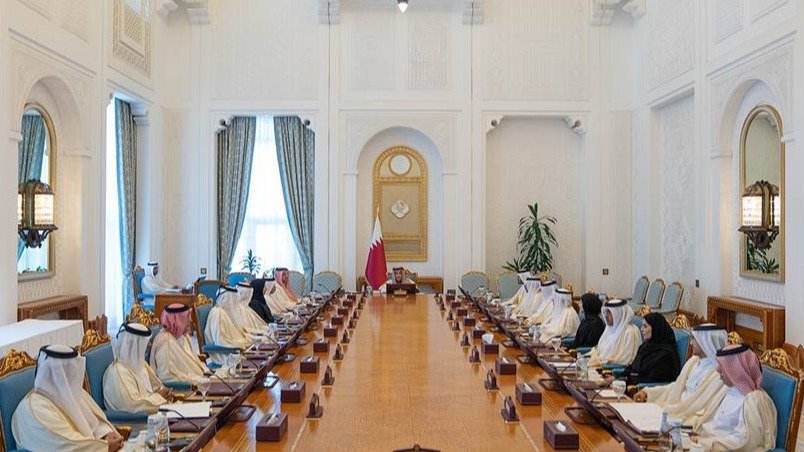
Qatar Cabinet approved a proposal to allow children to enroll in kindergarten...
May 23, 2024

With Discover Qatar's shuttle bus service, arrive at the HIA and visit Doha’s...
May 22, 2024
